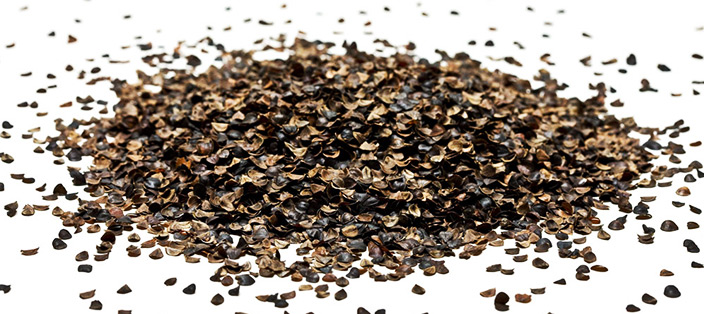Our products and natural ingredients
bulk alcohol. calcium tartrate. ingredients and additives. natural inputs ...
More than a dozen groups of processed products.
Everything you’ve always wanted to know about “the second life of your grapes” (our processed products) that you never dared to ask.
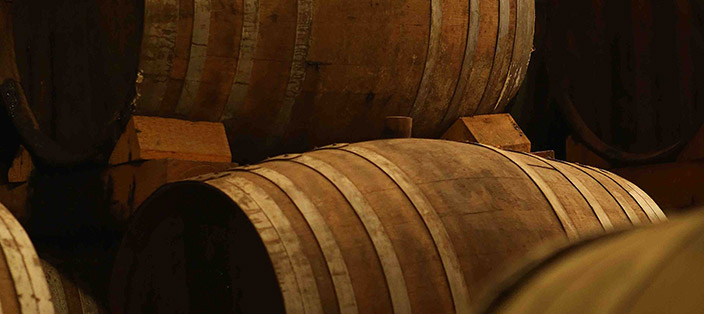
Potable alcohol:
Obtained by distillation. They are used to produce quality spirit drinks (2 categories):
– simple spirit drinks or brandies whose taste comes directly from the distillation of the raw material
– mixed spirit drinks whose taste results from an addition to a neutral alcohol or brandy).

Raw Alcohol: unrefined alcohol obtained from wine, wine lees, grape marc. Its ethanol content is variable (70% to 95%).
Bioethanol: dehydrated raw alcohol for automotive carburation.
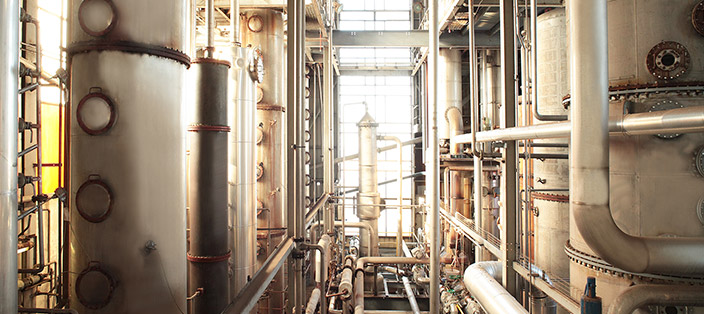
Denatured alcohol: benefits from excise duty exemption after denaturing by an authorized process under customs supervision. Free circulation for various uses.
Rectified Extra Neutral Alcohol (REN): purified alcohol with alcoholic strength > 96 °; product treated on a purification column which removes volatile impurities, esters and aldehydes. The alcohol obtained is then purified on a column called a “distiller – rectifier.”
Alcohol Surfin: analytical composition close to Rectified Extra Neutral alcohol. Product developed in two stages: production of raw alcohol then purification which gives this alcohol organoleptic qualities superior to REN. Often referred to as “Potable Alcohol.”
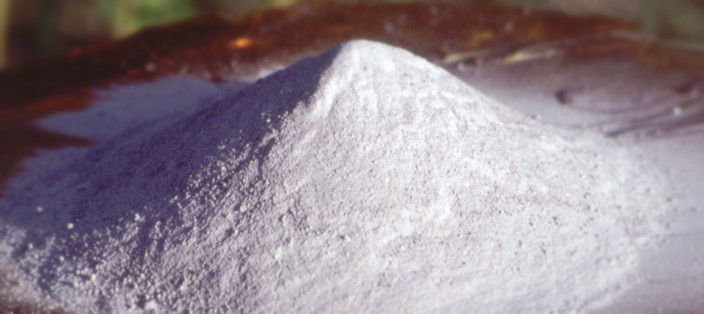
Tartaric acid is naturally present in grapes; obtained by extraction and purification after distillation of grape marc and wine lees.
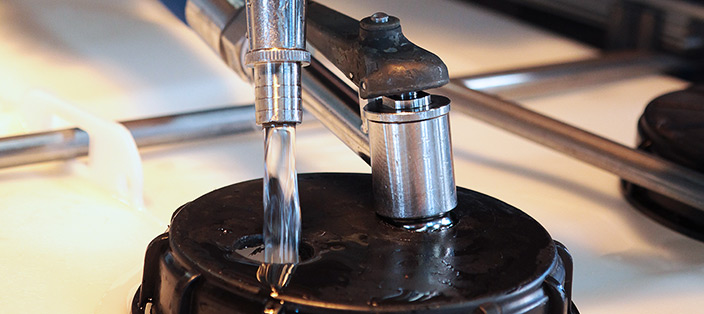
Rectified concentrated grape must (RCM) is a grape sugar syrup (50% glucose – 50% fructose) obtained by discoloration, rectification (removal of all non-sugar components) and concentration of the grape must.
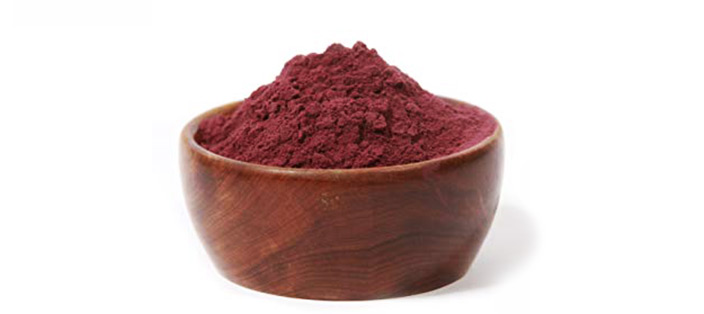
The skin and grape seeds are a veritable mine of polyphenols obtained by extraction and purification. Polyphenols are powerful natural antioxidants that fight against free radicals.
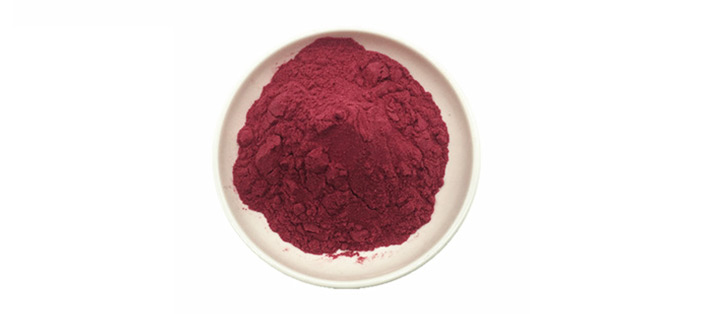
Natural pigments with hues that vary from red to blue; these pigments are extracted, purified and concentrated from the skins of red grapes.
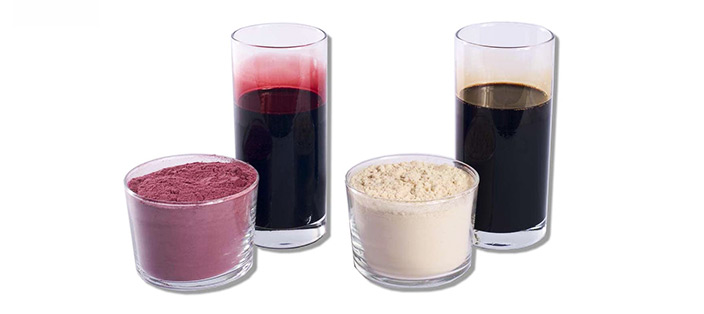
Extracts from concentrations of red or white wines, selected for their organoleptic qualities to obtain powders that preserve all the flavors, aromas and color of the origin wines.
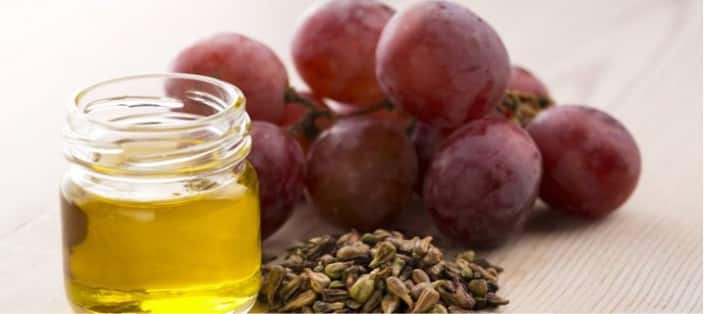
Grape seed oil: Crude oil, produced from dehydrated grape seeds, is refined and marketed.
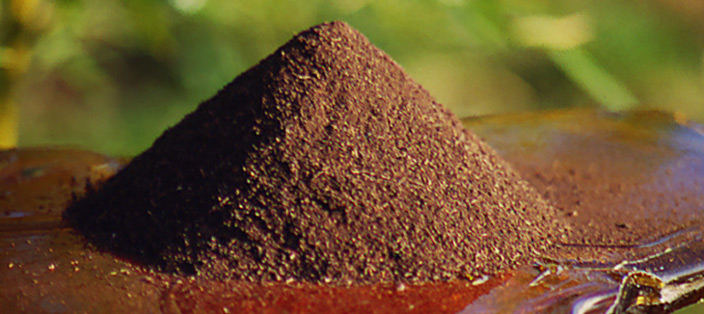
Fine organic powder from marcs after drying and sorting (seed removal).
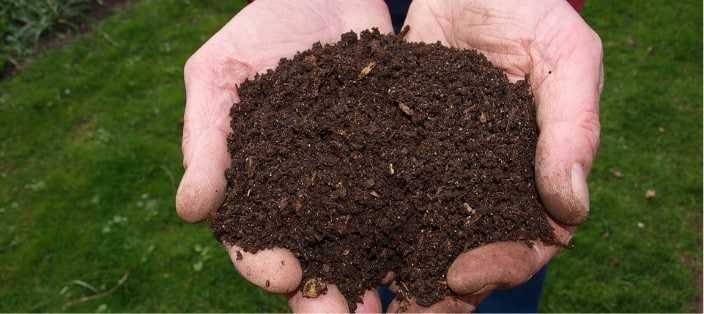
Compost, organic composted amendment: derived from a blend of 100% plant raw materials swathed (turned about 8 times a year) and finely ground, the product has about a year of natural composting before its marketed. Can be used in Organic Farming under CEN N ° 834/2007.
Liquid fertilizer, organic potassium fertilizer: 100% of plant origin, it is a viscous and thick liquid resulting from the treatment of vinification by-products obtained after the concentration of wine lees, wines and distilled piquette.
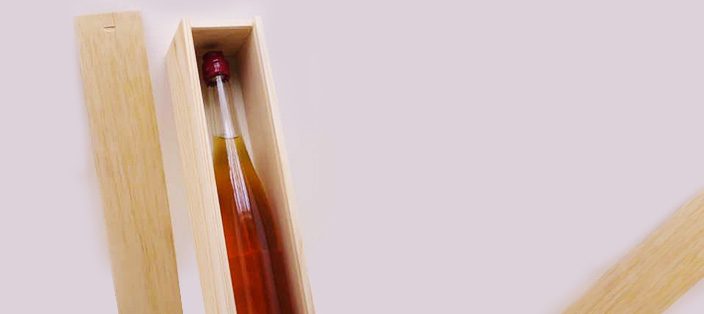
Cartagena: liqueur with less than 18 ° alcohol made from 80% fresh grape must (white or red) and 20% neutral alcohol or brandy.
Grape seed oil: Crude oil, produced from dehydrated grape seeds, is refined and marketed.
Brandy from wine
Brandy from marc
Brandy from Muscat marc
Brandy from pears, Mirabelle plums, verbena, …
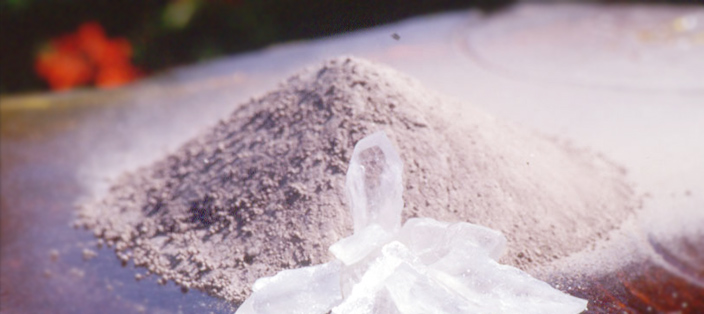
Tartaric Acid: main organic acid contained in wine and therefore derived from grapes, it is obtained by aqueous purification of calcium tartrate. It is a powerful acid that gives character to wines.
Cream of Tartar: Potassium bitartrate is a potassium salt of tartaric acid which crystallizes in a compact mass in vats in raw form more or less pure; this tartar is collected dry and then purified to produce a white crystalline, odorless, acidic powder.
Rochelle Salt: Potassium and sodium tartrate, also known as Sel de Seignette, is obtained by the reaction of sodium hydroxide with cream of tartar to give a white crystalline powder or transparent crystals.
Metatartaric Acid: obtained by esterification (dehydration) of L (+) tartaric acid, this product is in the form of a slightly yellow powder which is easily soluble.

